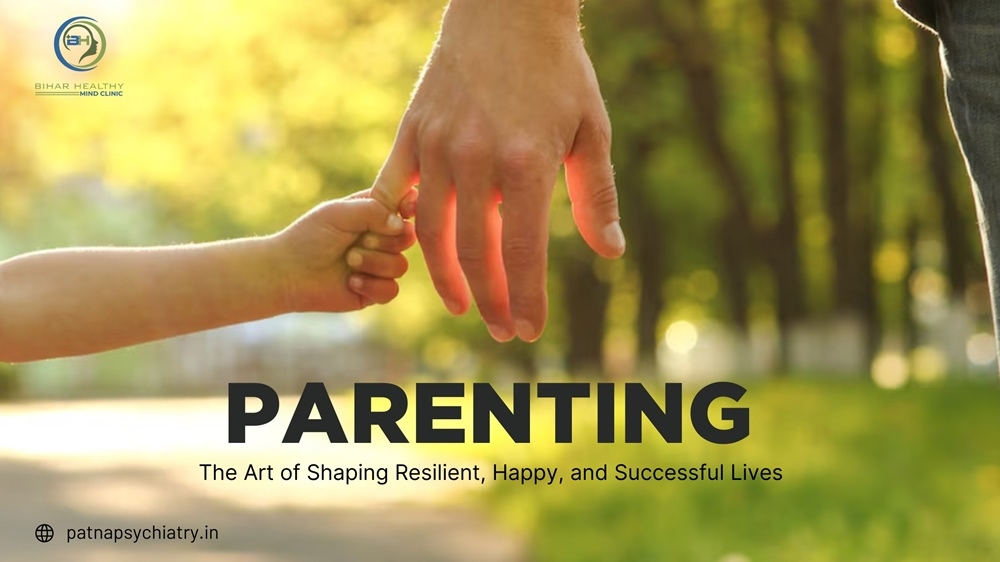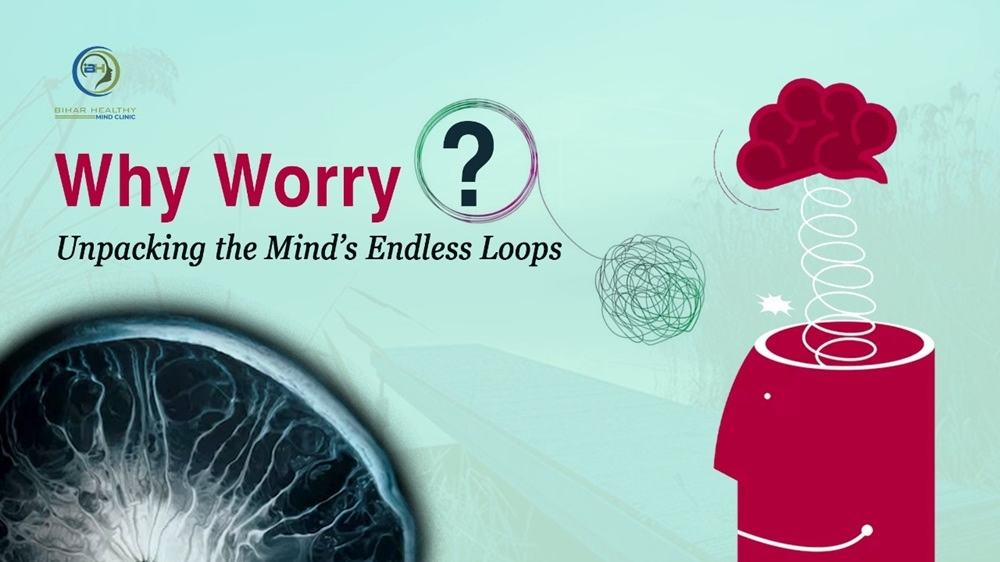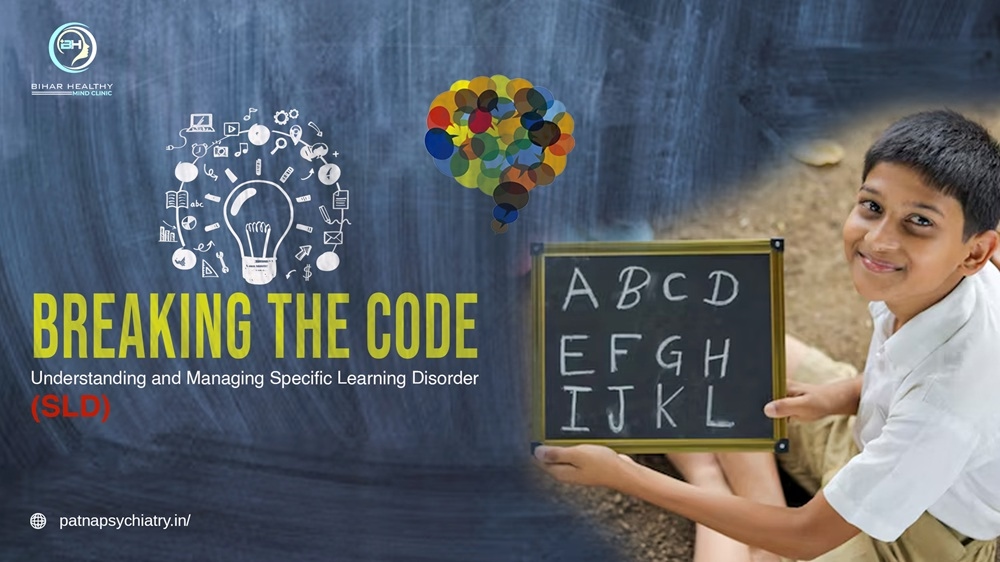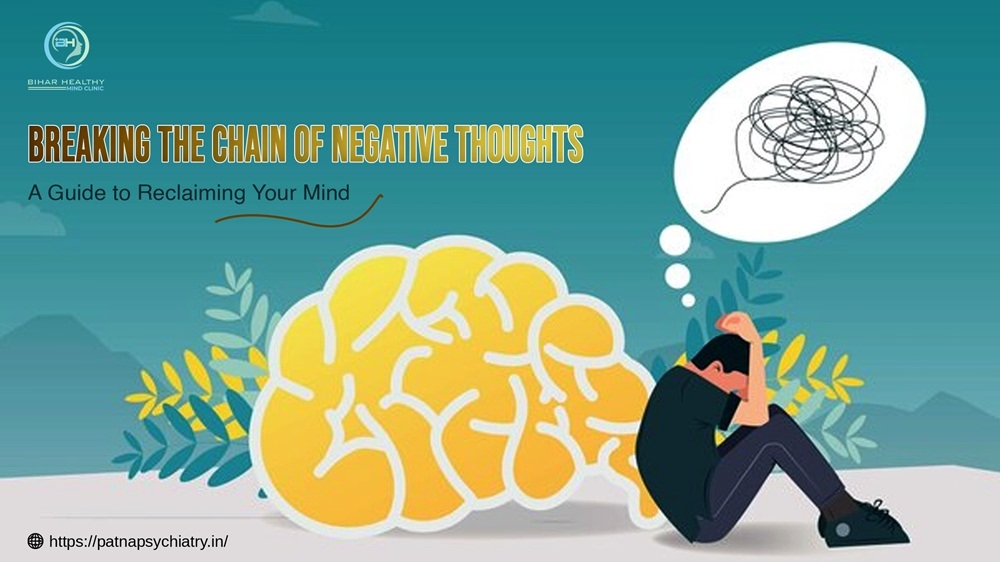Parenting is more than rules, rewards, and routines—it’s the invisible blueprint shaping who children become. The style of parenting doesn’t just affect behavior; it molds emotional intelligence, resilience, and life success. Yet, every parent wonders: Am I doing this right? This blog unravels the art of parenting, exploring styles,cultural nuances, and actionable strategies to help parents nurture well-rounded children.
Parenting Styles: The Compass Guiding Your Child's Growth
Parenting styles are like a compass—they direct how children navigate the world. Broadly categorized into four types, these styles blend responsiveness (warmth and empathy) and demandingness (rules and expectations). Here’s how they shape children.
-
The Balanced Maestro: Authoritative Parenting
An authoritative parent is warm yet firm, blending support with structure. They set clear expectations while valuing their child’s independence.
Why It Works: This style fosters self-esteem, emotional resilience, and strong social skills.
A Relatable Story: Priya, a mother of two, encourages her daughter to tackle math challenges but reassures her when she stumbles. Priya’s blend of encouragement and discipline teaches her child perseverance and self-confidence.
-
The Strict Commander: Authoritarian Parenting
Authoritarian parents focus on obedience and discipline, often using strict rules and punishment to maintain control.
The Impact: While children may excel in structured settings, they often struggle with self-expression and self-esteem.
A Glimpse Into a Household: Rahul’s father demands perfection in academics, punishing any mistakes. Though Rahul achieves good grades, his anxiety and fear of failure undermine his joy.
-
The Lenient Friend: Permissive Parenting
Permissive parents emphasize their child’s happiness over discipline. While they are nurturing, they avoid enforcing rules.
The Downside: Children may lack boundaries, struggle with self-control, and face challenges in disciplined environments.
A Common Scenario: Kavita lets her son skip homework to play video games. Over time, he becomes inattentive in school, unable to manage responsibilities or authority.
-
The Absent Guide: Neglectful Parenting
Neglectful parents provide minimal warmth or structure, often due to personal challenges or disengagement.
The Consequences: These children face significant emotional struggles, often seeking belonging in risky environments.
A Tough Reality: Aniket’s busy parents leave him to navigate life alone. Lacking guidance, he makes poor decisions, searching for support in all the wrong places.
Emerging Trends: New Waves in Parenting
Modern parenting has introduced unconventional approaches, reflecting societal changes and evolving priorities. Here’s a glimpse at these trends:
-
Helicopter Parenting: Hovering Over Everything
Helicopter parents are overly involved, managing every detail of their child’s life.
Impact: While well-meaning, this stifles independence, leaving children ill-prepared to face challenges.
-
Free-Range Parenting: Wings Without Strings
Free-range parenting champions independence, allowing children to explore and learn from mistakes.
- Impact: It fosters resilience and responsibility but needs careful monitoring to avoid neglect.
-
Attachment Parenting: Building Emotional Anchors
Rooted in emotional bonding, attachment parenting prioritizes empathy and emotional security.
- Impact: It creates emotionally intelligent children but may blur boundaries if overdone.
Parenting Across Cultures: A Global Perspective
Parenting is deeply intertwined with cultural values. What’s praised in one culture might be questioned in another.
- Eastern Lens: Collectivist societies, like India and China, often lean toward authoritarian parenting, emphasizing discipline and respect for authority.
- Western View: Individualistic cultures prioritize independence, often favoring the authoritative approach.
A Tale of Two Cultures
In China, "Tiger Parenting" pushes academic rigor but often leads to stress. Conversely, Scandinavian parents balance autonomy with emotional well-being, creating nurturing yet disciplined environments.
The Emotional Blueprint: How Parenting Shapes Emotional Intelligence
Emotional intelligence (EI) is a cornerstone of success in personal and professional life. Parenting styles significantly influence this vital trait.
- The Authoritative Edge: Encourages emotional awareness and regulation through open dialogue.
- The Downside of Neglect: Children in uninvolved households often struggle to express and manage emotions, hindering relationships and decision-making.
Practical Insight: A Daily Emotional Check-In
Simple practices like asking children about their day and discussing feelings foster emotional awareness and build stronger parent-child connections.
Parenting and Academic Success: The Education Connection
Education is a priority for most parents, but their approach matters more than they realize.
- Authoritative Parents: Foster curiosity and persistence, cultivating lifelong learners.
- Authoritarian Parents: Focus on results, often at the cost of intrinsic motivation.
Real-Life Example: Nurturing Curiosity
Naina, an authoritative parent, helps her son with science projects, turning learning into a shared joy. Meanwhile, her neighbor enforces rote memorization, leaving her daughter disengaged.
Modern Parenting Challenges: Navigating New Frontiers
Parenting in the 21st century is no easy feat. Here’s how today’s challenges are shaping parenting practices:
- Technology: Managing screen time without stifling tech-savvy growth.
- Work-Life Balance: Ensuring quality time amidst professional commitments.
- Peer Pressure: Guiding children to stand firm amidst societal influences.
Navigating Digital Dilemmas
Set clear rules for technology use—like screen-free dinners or offline family days—to encourage meaningful interactions.
Parenting Playbook: Strategies for Success
Parenting isn’t about perfection but persistence. Here are proven strategies to navigate the ups and downs:
- Foster Open Communication
Create a safe space where children feel heard. Active listening builds trust and prevents misunderstandings.
- Be Consistent
Consistency in rules and consequences creates a secure environment, helping children understand boundaries.
- Empower Independence
Encourage age-appropriate decision-making, teaching children responsibility and resilience.
- Lead by Example
Model the behavior you want to see—empathy, patience, and integrity.
- Seek Support When Needed
Parenting is challenging. Lean on community resources, friends, or professional help without hesitation.
Parenting as a Journey: From Struggles to Success
Parenting is a transformative journey—for both parents and children. While there’s no perfect formula, adapting to your child’s needs, staying flexible, and learning along the way are key.
Final Thought: The Power of Growth
Every day is an opportunity to grow as a parent and nurture your child’s growth. Embrace the journey with love, patience, and determination.
Conclusion: Crafting Futures with Care
Parenting is an art that blends warmth, discipline, and understanding. By choosing the right approach, parents can create an environment where children not only survive but thrive. Remember, it’s not about doing it perfectly but doing it purposefully. Here’s to shaping futures, one nurturing moment at a time.
By refining your parenting compass, you can chart a course that leads your child to a life of happiness, resilience, and success. Let’s embark on this fulfilling journey together!
TAGS: Parenting styles, Emotional intelligence, Resilient children, Child development, Authoritative parenting, Mental well-being, Academic success, Modern parenting challenges, Work-life balance in parenting, Technology and parenting, Cultural parenting differences, Healthy Minds Clinic
Disclaimer: All characters and events depicted in this blog are entirely fictional. Any resemblance to actual persons, living or dead, is purely coincidental. The content is intended for informational purposes only and should not be considered as medical advice. Always consult a qualified healthcare professional for medical concerns.







No comments yet. Be the first to comment!